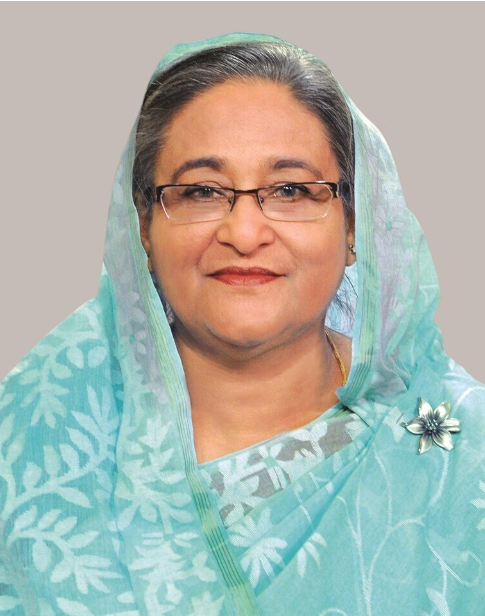Bangladesh Prime Minister Sheikh Hasina Resigns and Flees Amid Unprecedented Violence

Sheikh Hasina, the Prime Minister of Bangladesh, has resigned and left the country, according to a confirmation from Army Chief Gen Waker-Uz-Zaman. This development comes amidst some of the worst violence Bangladesh has seen since its independence over 50 years ago.
In a briefing to reporters, Army Chief Gen Waker-Uz-Zaman announced he is taking control at what he described as a “critical time for our country.” He stated that an interim government would be established to lead Bangladesh in the interim. “I am taking responsibility now and we will go to the president and ask to form an interim government to lead the country in the meantime,” he said.
Sheikh Hasina, 76, who has been in power since 2009, reportedly left the country by helicopter after protesters stormed her palace in Dhaka. The Prime Minister’s departure follows intense protests and unrest across the capital.
Protesters in Dhaka celebrated Hasina’s departure with street demonstrations, dancing, and chanting. The protests were initially sparked by dissatisfaction with a quota system that allocated government jobs disproportionately to descendants of freedom fighters from the 1971 independence war. Despite the Supreme Court overturning the controversial quota law, the protests intensified, resulting in significant casualties.
Rights groups have accused Hasina’s government of using state institutions to consolidate power and suppress dissent, including allegations of killing opposition activists. On Sunday alone, Agence France-Presse reported 94 deaths amid the ongoing unrest.
The protests have led to chaos, with thousands raiding Hasina’s residence, looting items, and vandalizing properties. Reports indicate that cars were burned, offices of Hasina’s party, the Awami League, were set on fire, and a statue of Hasina’s father, Sheikh Mujibur Rahman, was attacked.
In response to the violence, the army has imposed a curfew, closed Dhaka airport for six hours, and vowed to investigate the deaths. Despite these measures, protesters have continued to take to the streets, with celebrations often turning unruly.
The departure of Hasina has been met with a mix of jubilation and concern. Badiul Alam Majumdar, a civil society activist, described the protests as a “revolution,” but also expressed concern about who would benefit from the upheaval. The sense of joy among many demonstrators is tempered by fears of ongoing instability and potential chaos.
Sheikh Hasina is the longest-serving leader in Bangladesh’s history. Before her tenure starting in 2009, she had served as Prime Minister from 1996 to 2001. Her political opponents have long criticized her for becoming increasingly autocratic. Her father, Sheikh Mujibur Rahman, the country’s founding leader, was assassinated in a 1975 army coup. Recent reports suggest that Hasina and her sister, Sheikh Rehana, have fled to India amid the current crisis.
As Bangladesh navigates this period of uncertainty, the role of the interim government and the response from the international community will be crucial in determining the country’s path forward.
